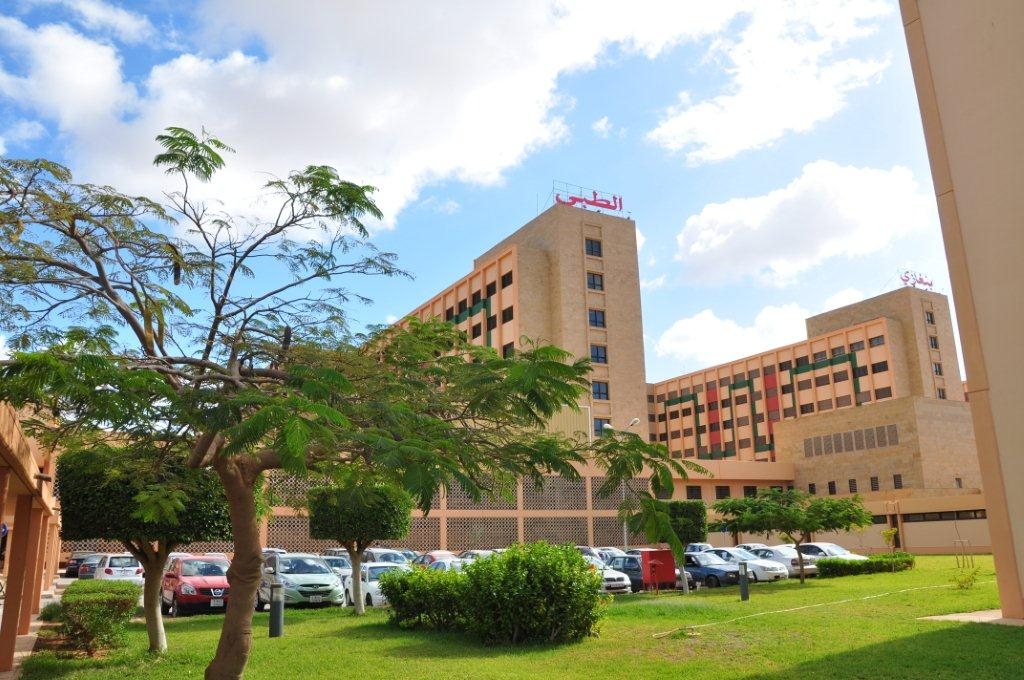Ayman Amzain

Benghazi, 26 August 2013:
With two of the city’s three hospitals accident and emergency departments now closed by strikes, Benghazi is . . .[restrict]tonight heading for crisis.
Since Al-Jelaa and Hawari hospitals shut their A&E facilities in protest at continued violence against staff members, Benghazi Medical Centre has been the sole large-scale provider of A&E cover. As a result it is having to turn away all but the most critical cases.
Last Friday for instance, BMC doctors only agreed to treat the two most serious case of food-poisoning among 127 scouts who had been taken ill at a summer camp. A&E staff at Al-Jelaa had that same day gone on strike in protest at violence in and around the hospital, which had included a gun attack on two security guards. Though Al-Jelaa’s medical professionals said that they would continue to treat in-patients, they insisted that A&E would close, for at least a fortnight, along with all other outpatient clinics
Then yesterday it was the turn of doctors and nurses at Hawari hospital’s accident and emergency ward to close their facility, following the beating up of nurses by people who had forced their way into the department.
Hani Arabi, the press officer at Hawari told the Libya Herald that some visitors accompanying some casualties, tried to come into the emergency room. When they were asked to leave, they began smashing equipment and hitting staff.
The A&E personnel have copied their Al-Jelaa colleagues in shutting down their department for a fortnight. In-patients are reportedly unaffected.
With BMC now covering only the most urgent emergencies from the entire city and wider region, there are serious problems for those with serious but non-life-threatening injuries and conditions. It is reported that two private hospitals, Al-Marowa and Al-Tarek are taking in casualties. However, not everyone can afford to pay for emergency treatment.
[/restrict]










